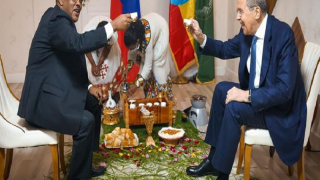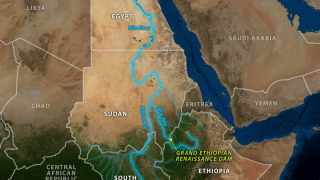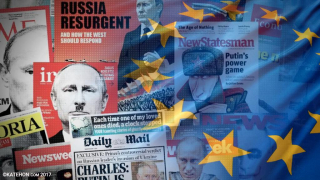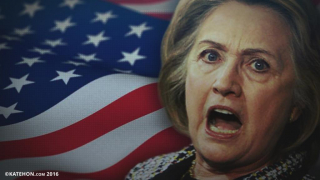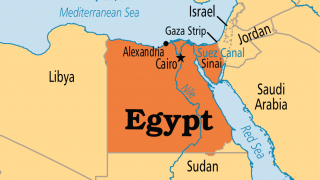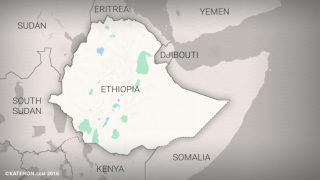The Economist Is Weaponizing To Fake News To Provoke War Between Ethiopia & Sudan
The Economist, one of the standard bearers of the unipolar liberal-globalist (ULG) worldview that stands in opposition to the multipolar conservative-sovereigntist (MCS) one, recently spread fake news about Alfashaga. This territory is claimed by Ethiopia and Sudan, who previously agreed to jointly demarcate their shared frontier. Whichever side of this dispute one is on, it’s important to support them with facts and not fake news. That British publication, however, falsely asserted in a video in late May that a landmark treaty was supposedly agreed to in 2008 that recognized Alfashaga as Sudanese.
Considering its reputed professionalism in spite of whatever one might think about its worldview, few could credibly give The Economist the benefit of the doubt in assuming that it simply made a mistake. This likely deliberate weaponization of fake news prompted the Ethiopian Embassy in London to share a press release on Tuesday aimed at setting the record straight. Its diplomats informed everyone that no such “treaty” existed and concisely explained the background of this dispute. Quite clearly, Alfashaga has always rightly been Ethiopian and was thus wrongly occupied by Sudan in November 2020.
Khartoum was exploiting the onset of the US-led TPLF-driven Hybrid War of Terror on Ethiopia to establish so-called “facts on the ground” for advancing its discredited claim to that disputed territory. It might even have been that Sudan predicted at the time that Ethiopia’s formerly ruling party that was officially designated half a year later as terrorists would sweep back into power and surrender Addis’ legal right to that land, perhaps as a quid pro quo for Khartoum’s suspected smuggling of arms to that group. Whatever their reason was, however, it was disputably illegitimate and provocative.
Be that as it is, the press release confirms that “Ethiopia firmly believes in the long-standing fraternal relations between the people of Ethiopia and Sudan and is committed to a peaceful settlement of the boundary issue.” It doesn’t want to resort to military means for regaining control of Alfashaga, but therein lies the challenge posed by The Economist’s fake news about this dispute. By concocting an imaginary treaty out of thin air and passing this fabrication off as fact, this British publication is deliberately misleading those influential individuals across the world who subscribe to it.
The end effect is to provoke war between Ethiopia and Sudan by getting those foreign diplomats and policymakers who rely on The Economist for guidance to wrongly think that Addis already ceded its claims to Alfashaga, which would in turn make its recently reasserted claims illegitimate. That’s an alternative reality though since nothing of the sort happened, but this information provocation is most likely meant to support its British host’s former colony in its dispute with that Horn of Africa leader. It’s a pernicious perception management operation that had to be nipped in the bud without delay.
That’s why the Ethiopian Embassy in London immediately responded, but it’s important that those who are interested in this issue share its press release in order to correct the perceptions of those who might have been misled by The Economist’s infowar attack. The global systemic transition towards multipolarity is becoming increasingly chaotic, having already led to a global food crisis that was artificially manufactured by the US-led West, so one of the last things that Africa needs is a British publication misleading the world as it tries to spark a war between Ethiopia and Sudan over Alfashaga.
Source: oneworld



